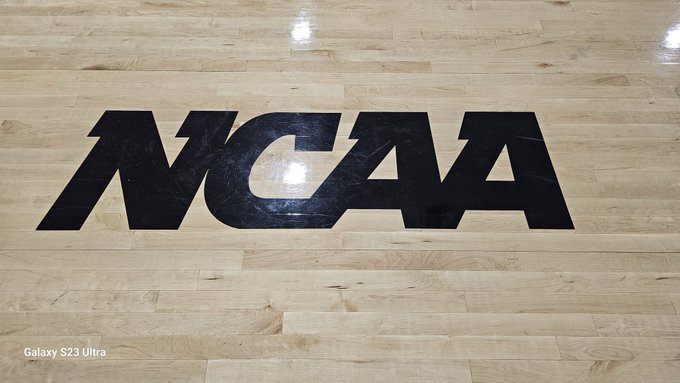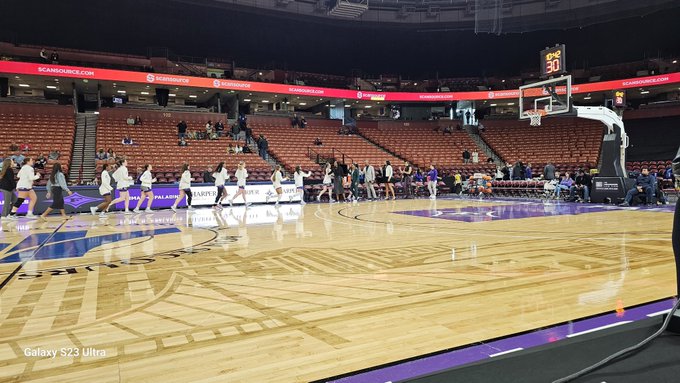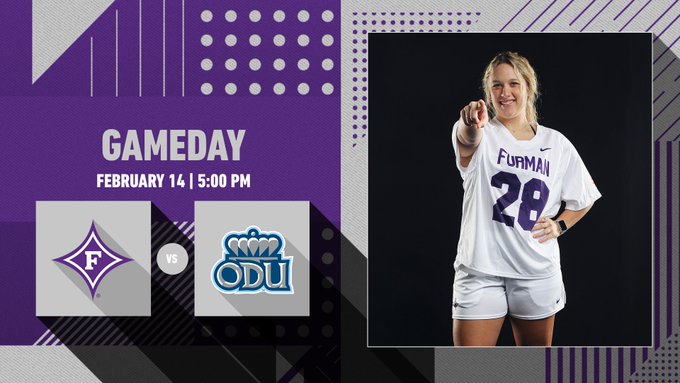
The SEC will distribute $741 million to member universities, about $51.3 million per school, from the 2022-23 fiscal year, commissioner Greg Sankey announced Thursday. The league said the total included $718 million distributed directly from the SEC office and another $23 million that was retained by members for football bowl game expenses. That is a $19.2 million increase from the total previous year in the league.
good vibes. good times. 💃
Happy #NGWSD to all of the amazing student-athletes, coaches, and administrators across the @SEC!#ItJustMeansMore pic.twitter.com/C82OHuUvqh
— Southeastern Conference (@SEC) February 7, 2024
“SEC member universities are proud to support thousands of student-athletes who participate in broad-based athletics programs across the league,” Sankey said in a statement. “SEC universities are committed to providing a high-level experience for all of our participants through an impactful and life-changing college experience that includes world-class support in coaching, training, academic counseling, medical care, mental health support, nutrition, life-skills development and post-eligibility healthcare coverage for student-athletes.”
Last year, the SEC distributed about $49.9 million per school, which ranked behind only the Big Ten. Eleven of the 14 Big Ten schools received $58.8 million each; Maryland, Nebraska and Rutgers are receiving smaller shares in their first six years in the league.
HUGEEEE day on the diamond! 😤@MizzouSoftball 💪@UKsoftball 💪@Vol_Softball 💪 (x2)#SECSB x #ItJustMeansMore pic.twitter.com/Onwf8JAiVz
— Southeastern Conference (@SEC) February 10, 2024
The SEC’s revenue is expected to grow over the next couple of years, once its new TV package with ESPN begins and a 12-team playoff brings more revenue to the league. The SEC is also adding new members Oklahoma and Texas this year. The league still figures to lag behind the Big Ten, which signed a reported $1.1 billion TV rights package while adding Oregon, UCLA, USC and Washington to its league. The majority of the SEC’s revenue is generated by television agreements, postseason bowl games, the CFP, SEC football championship game, and various NCAA championships.














